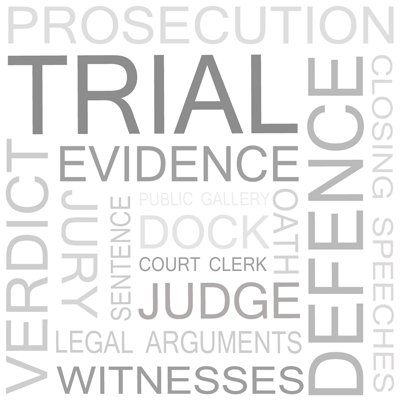Defence Statements & Notification of Defence Witnesses
All contents > Prosecution Disclosure > Defence Disclosure
“As well as the duties of disclosure on the prosecution, there are certain duties of disclosure on the defence. These are: to provide a Defence Case Statement (in the Crown Court only); and to provide details of defence witnesses (in both the magistrates’ court and Crown Court)”
On this page:
What is defence disclosure?
Where can the law on defence disclosure be found?
What is a Defence Case Statement (DCS)?
Example of a Defence Case Statement
When must a Defence Case Statement be served?
How can a Defence Case Statement help the defence?
Example of how a Defence Case Statement can assist with prosecution disclosure
Prosecution and defence engagement
Applications for Specific Disclosure
Notification of Defence Witnesses
When must a Defence Witness Notice be served?
What happens when defence witnesses are disclosed?
Disclosure failure by the Defence - Adverse Inferences
What is defence disclosure?
As well as the duties of disclosure on the prosecution, there are certain duties of disclosure on the defence. These are:
To provide a Defence Case Statement (in the Crown Court only); and
To provide details of defence witnesses (in both the magistrates’ court and Crown Court)
Whilst there is a duty on the prosecution to provide the defence with any unused material which might reasonably be capable of supporting the defence case or undermining the prosecution case, there is no like duty on the defence to provide the prosecution with material with undermines the defence case or supports the prosecution case.
On this page you can read about the defence disclosure requirements, including why a Defence Case Statement can be useful (including if used voluntarily in the magistrates’ court), as well as what the defence can do to seek additional disclosure from the prosecution when this is not forthcoming.

















